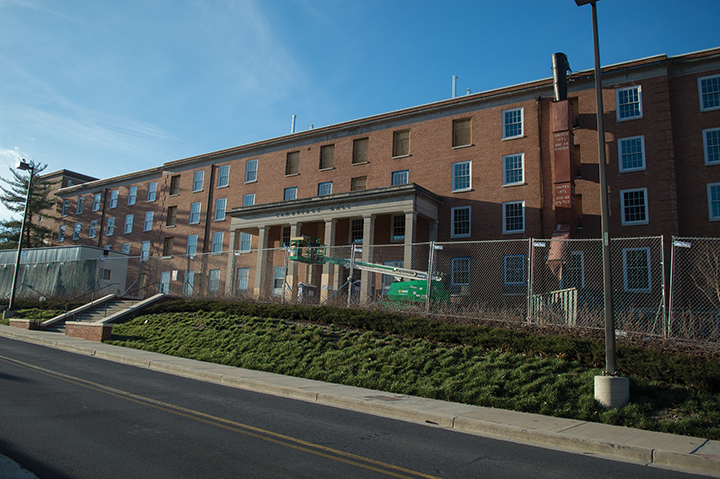By Erin Serpico
The number of illegal drug reports from in and around this university’s dorms increased by about 100 from two years ago to last academic year.
The Department of Resident Life reported 311 illegal drug incidents during the 2014-15 academic year, compared to the 212 incidents during the 2013-14 academic year. The majority of those incidents involved the suspicion of marijuana, said Keira Martone, assistant director of Resident Life for Student Conduct.
Deborah Grandner, Resident Life director, said this increase could result from a variety of factors, including societal trends affecting college campuses. Sanctions for possession of drugs have become less severe on the campus, the state has decriminalized small amounts of marijuana and more high school students overall are experimenting with the drug, she said.
“It used to be that we terminated students for any drug use — very minor drug use — and we’ve taken a new position on this,” she said. “The times have changed, and we’re trying to work with students and get students who need help the help that they need from our health center and other resources.”
Of the 311 reports, 308 were for suspicion of marijuana and three were regarding complaints of potential prescription drug abuse, Martone said.
The data also indicate that 93 people were charged with illegal drug violations and 76 were found responsible that year. Every case in which students were found responsible was attributed to the use or possession of marijuana, Martone said.
“Marijuana has a very potent smell, so it is not unusual to receive complaints,” Martone wrote in an email. “Even if students were smoking elsewhere and return to the hall, the smell is still strong and can generate complaints.”
Of the 212 incidents in 2013-14, 92 people were charged and 64 of them were deemed responsible for violating the university’s drug policy.
Grandner said students might now be more receptive to notifying a resident assistant about a drug incident in their building. If they see someone potentially in trouble, a student can report it without severe sanctions, she said.
“What you see then is students perhaps just getting a little more comfortable in reporting their discomfort with other students’ drug use,” Grandner said.



